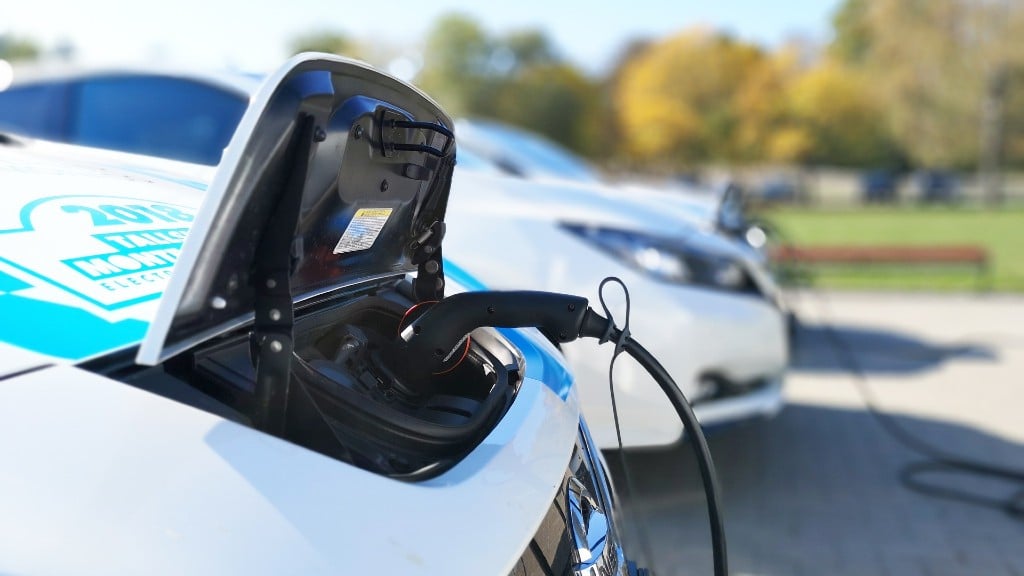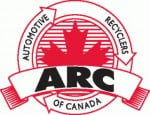ARC to research end-of-life EV processing, parts reuse, and recycling

The Automotive Recyclers of Canada (ARC) plans to create a roadmap for its members and the industry in preparation for the increased number of end-of-life electric vehicles (EVs) over the next three to five years.
The first part of the project will include research, gap analysis and an assessment for future work, such as sales, end-of-life estimates, and additional data required to fill in any identified gaps.
The analysis will also take into consideration the potential reuse of the entirety of EV parts, not just the battery.
Research and analysis conducted in Part One will aim to answer questions such as the metal content difference between EVs and ICE vehicles; which critical minerals are presently being used in EVs and what materials may require new approaches for end-of-life processing; which EV parts can be re-used, re-purposed, re-built and recycled, and by whom; how auto recyclers are currently managing EV parts and components, including advanced batteries and rare earth magnets; whether OEMs need to be involved in the management of EVs and the end-of-life; and many more.
Part Two will involve the development of a roadmap for the next three to five years, with the goal of helping the automotive recycling sector meet future needs for the management of end-of-life electric vehicles, including their batteries, in an economically feasible and environmentally sound manner. The aim of the roadmap is to guide and build capacity across Canada to address these challenges.
Where Part One of the work will establish a baseline, Part Two will focus on what can and should be done to address any noted obstacles, by who, when, and how. The roadmap will address both economic and environmental dimensions and consider how the gaps or challenges identified in Part One can be bridged.
"The project is about the entire EV–not just the battery–like so many other studies and efforts," said Steve Fletcher, managing director of the Automotive Recyclers of Canada. "This way we can look at the vehicles holistically and separating parts from the vehicle makes that challenging."
The project is set to be completed in four tasks. The first, a kick-off meeting, will include ARC and NRCan and focus on the scope, objectives and format of project deliverables, as well as finalize timelines to deliver elements of the project.
A two-pronged research mission will follow, with ARC to collect and review key information sources–existing reports, internet research, internal documents, and NRCan publications–to address key research questions. The report compiled will address each question in a summary of findings, which will inform the roadmap.
Interviews with key individuals in the EV and end-of-life vehicle areas will follow, with ARC to assemble a list of experts for review with NRCan. ARC said it anticipates interviewees will be selected from its member companies, EV and EV battery experts, academics, OEMs, and selected federal and provincial officials. The following report will then include a summary of the interview results and identify key areas of disagreement among experts.
Next, key research, analysis, and interview findings will be assembled into a report, expected to address issues related to key research questions in the project and specifically lay out a high-level plan with roles and responsibilities, actions, budgets, and timelines for the next three to five years. The roadmap will also address what actions and tasks need to be addressed and by whom, said ARC.
The final version report, which ARC anticipates to be somewhere between 30 to 40 pages in length, will include both key findings from task one as well as the roadmap plan. NRCan will review the draft report and provide feedback to the ARC in task four before the organization finalizes the report.
Fletcher said the project was born out of last fall's ARC webinar on EVs and the auto recycling sector, which caught the attention of officials from NRCan.
"They called immediately [after the session] and asked how they could help," he told Canadian Auto Recyclers.
"NRCan is focussed on metals, critical minerals, mining–but they have told us they do not want our efforts to focus solely on that. They want to get a global view of the industry implications from training and data to re-use, recycling and battery second life as energy storage."
Fletcher said a major survey is currently underway within the automotive recycling industry, along with allied industries like scrap, recycling, vehicle auction companies, insurers, automotive repairs and more. That will form the baseline for where the industry is at, and begin to outline key stakeholders and next steps.
"We are working with some of the consultants who worked on our Plastics Roadmap study for Environment Canada & Climate Change. They have a good understanding of the industry, as well as the overall EV ecosystem, and it is very helpful that they will be up to speed so quickly."



